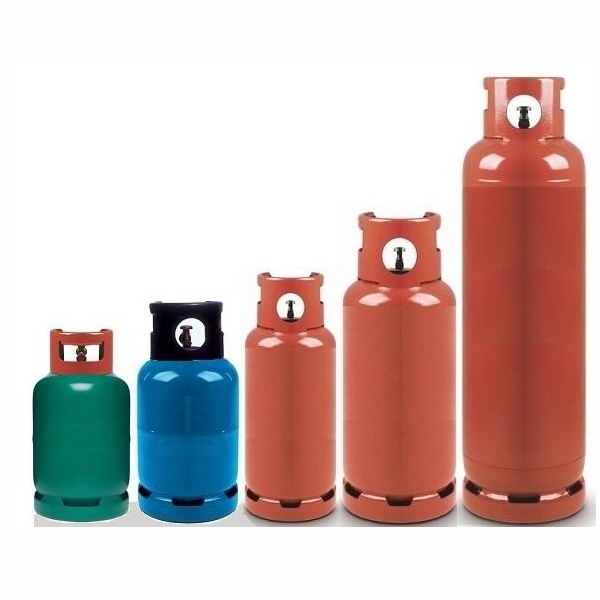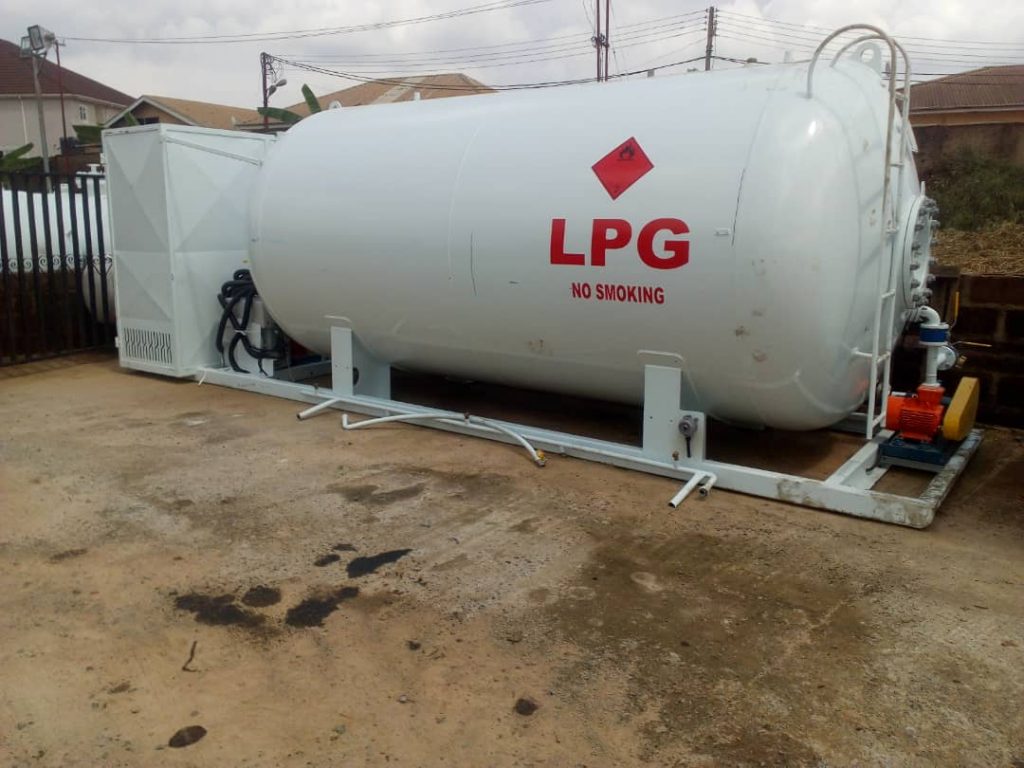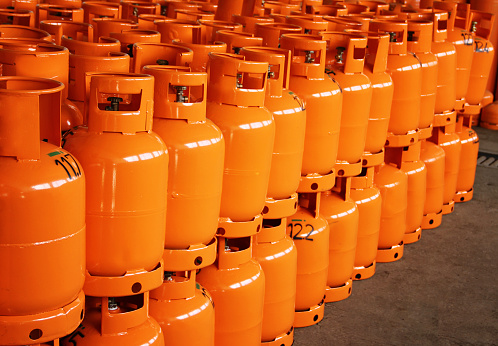A market study conducted by the Nigeria LNG Limited has showed that given the right conditions, the Liquefied Petroleum Gas (LPG) market in Nigeria can grow its penetration and market share by 32 per cent from 400,000 metric tonnes per annum (MTPA) to 3 million MTPA within five years.
Speaking recently in Abuja during the LPG stakeholders meeting, the Managing Director of NLNG, Mr. Tony Attah stated that the study by the company also projected that within the five year period, the country can improve her per capita consumption of LPG from approximately 2 kilogramme (kg) to 12kg.
He noted that Nigeria’s LPG per capita consumption was the lowest in Africa and that increased adoption of LPG could yield a lot of socio-economic benefits to the country.
Attah said the NLNG had taken up the drive to improve LPG usage in Nigeria but that its efforts would need to be complemented by certain government actions to ensure the market peaks in line with the market estimate its study revealed.
“It is expected that an aggressive and well-coordinated market expansion strategy should lead to the growth of the Nigerian LPG market at annual rates of up to 32 per cent from the current level of over 400,000MTPA to over 3 million MTPA in five years with a potential increase in per capita consumption from approximately 2kg to over 12kg, well above the sub-Saharan average of 3.5kp per capita,” Attah said.
He however explained: “There are still other bottlenecks beyond our control which frustrates the full-fledged development of the market including the dearth of investments in LPG reception facilities and supply infrastructure, throughput challenges, as well as onerous fiscal regime and regulatory environment, such as the imposition of VAT on LPG produced in the country while the volumes imported are granted VAT waivers; all these continue to hinder overall step change growth in the industry.”
He added that unlocking the potentials of the industry will require a public-private sector partnership.
According to him: “The government needs to intervene by removing fiscal and regulatory bottlenecks necessary for creation of a conducive business environment for private sector investment in all segments of the value chain.”
“The removal of VAT on LPG as well as taxes and duties concessions for LPG equipment and cylinders must be at the top of the priority list for the government.
“On the other hand, the private sector must deepen the market to create efficiency and provide quality services at lower costs whilst ensuring that highest safety standard are adhered to across the entire value chain especially in LPG plant operations, transportation and cylinder quality/recertification,” he explained.
Source – http://www.thisdaylive.com/index.php/2016/12/05/nlng-forecasts-32-annual-growth-for-nigerias-lpg-market/




